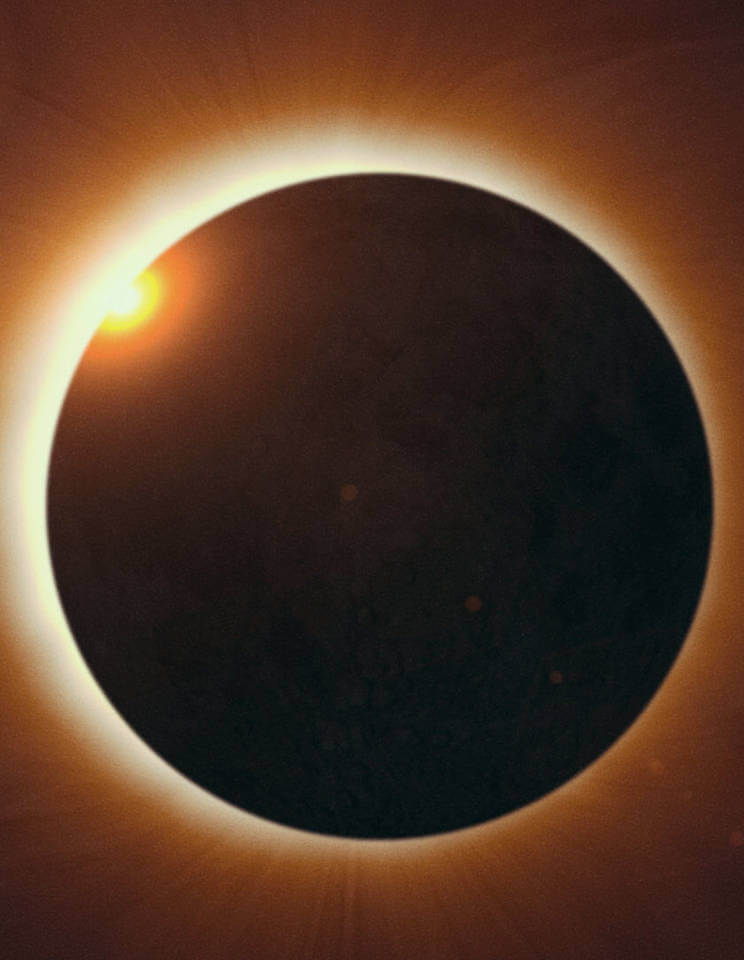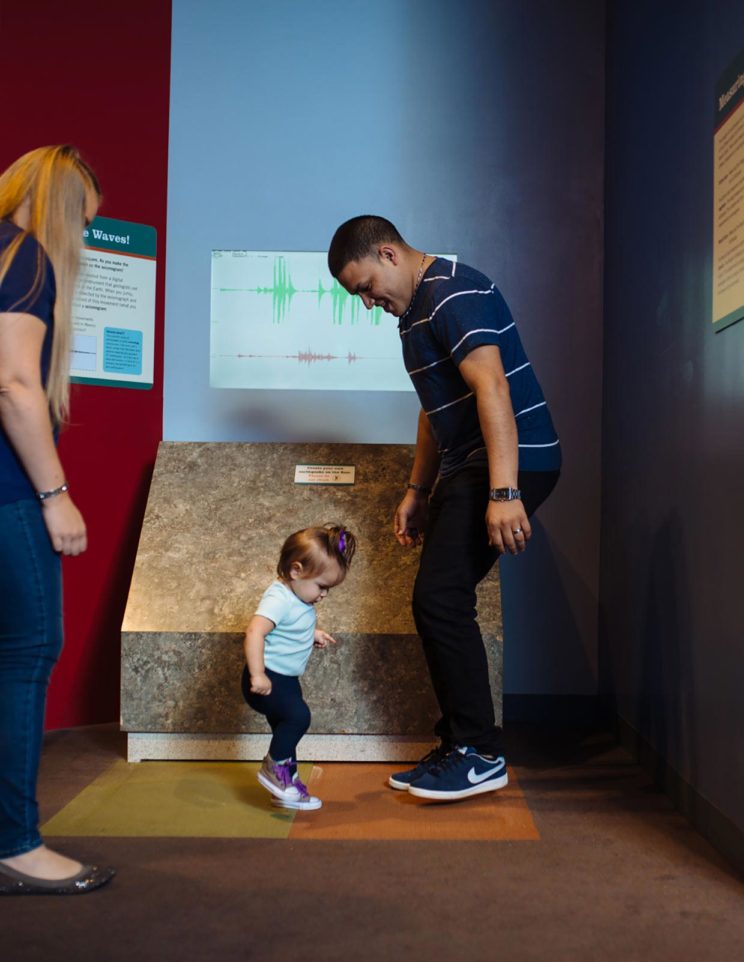In the early morning hours of May 26, 2021, a total lunar eclipse will occur. For us in St. Louis, we unfortunately miss totality because the Moon will set about 7 minutes before totality. The eclipse begins at 3:47 am as the Moon enters the Earth’s penumbral shadow. The partial eclipse begins at 4:45 am… Continue reading
Astronomy Fact of the Day: May 23, 2021
On this day in 1965, the Life Sciences Committee of the National Academy of Sciences’ Space Science Board recommended that NASA, for at least three weeks, quarantine all astronauts returning from the moon to prevent possible contamination of the Earth by extraterrestrial organisms.
Astronomy Fact of the Day: May 22, 2021
Tonight at 10:00pm, the constellation Hercules will be easy to find in the east. Those with binoculars can find the famous star cluster Messier 13 (M13) between the stars 40Her and 44Her. M13 is a globular star cluster that is roughly 22,000 light years from Earth. Through binoculars, M13 will appear as a fuzzy cotton… Continue reading
Astronomy Fact of the Day: May 21, 2021
In 2005 on this day, the US unmanned probe Cassini successfully flew by Enceladus, the sixth-largest moon of Saturn.
Astronomy Fact of the Day: May 20, 2021
Looking east at 10pm tonight, you can find the summer constellation Hercules. His body has a distinct ‘bowtie’ shape.
Astronomy Fact of the Day: May 19, 2021
On this day in 1917, Robert H. Goddard (now called the ‘Father of American Rocketry’) proposes the use of sonar to the US Navy. The Navy advises him they are ‘not at all interested’ in the new device.
Astronomy Fact of the Day: May 18, 2021
Tonight the Moon will exhibit a waxing crescent phase with about 43% disk illumination. Tomorrow, the Moon will reach first quarter phase, putting us about one week into the lunar cycle.
Astronomy Fact of the Day: May 17, 2021
In 1969 on this day, the Soviet Union’s unmanned probe Venera 6 successfully lands on Venus. Today, historians mark this as a triumph of the USSR in space, but it ‘pales in comparison’ to the American launch of Apollo 10, which launched on the next day. At the time, there was no mention of the… Continue reading
Astronomy Fact of the Day: May 16, 2021
Today, Mercury reaches maximum eastern elongation. You will also find the Moon and Mars paired together in the west. You can look for Mercury, Mars and the Moon tonight 45 minutes after sunset.
Astronomy Fact of the Day: May 15, 2021
On this day in 1963, Mercury MA-9 (Faith 7), with astronaut L. Gordon Cooper Jr. aboard, launched from Cape Canaveral. His orbital flight lasted 1.43 days.





